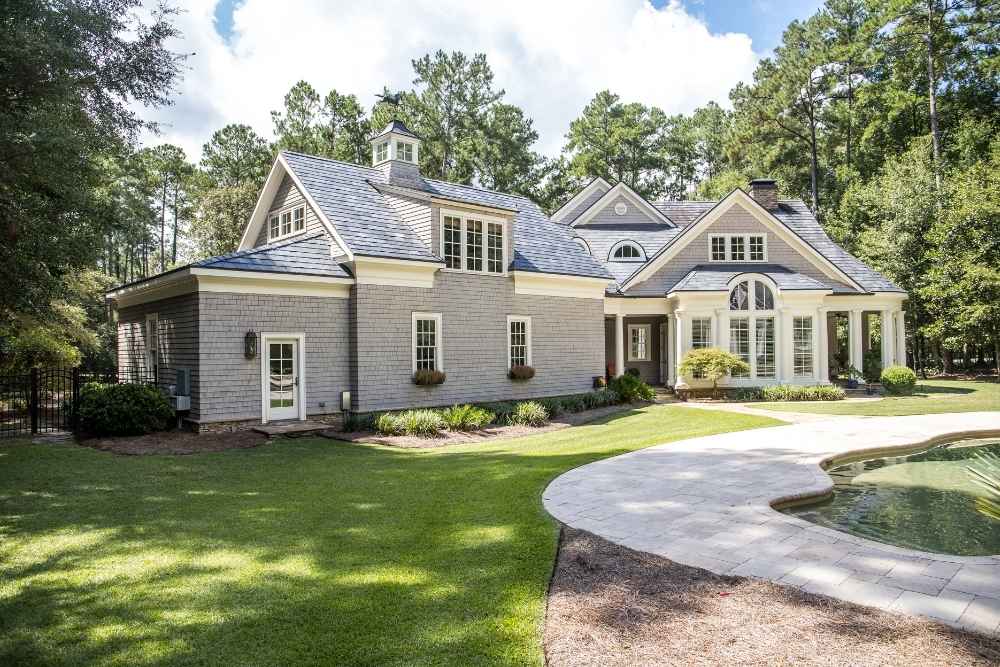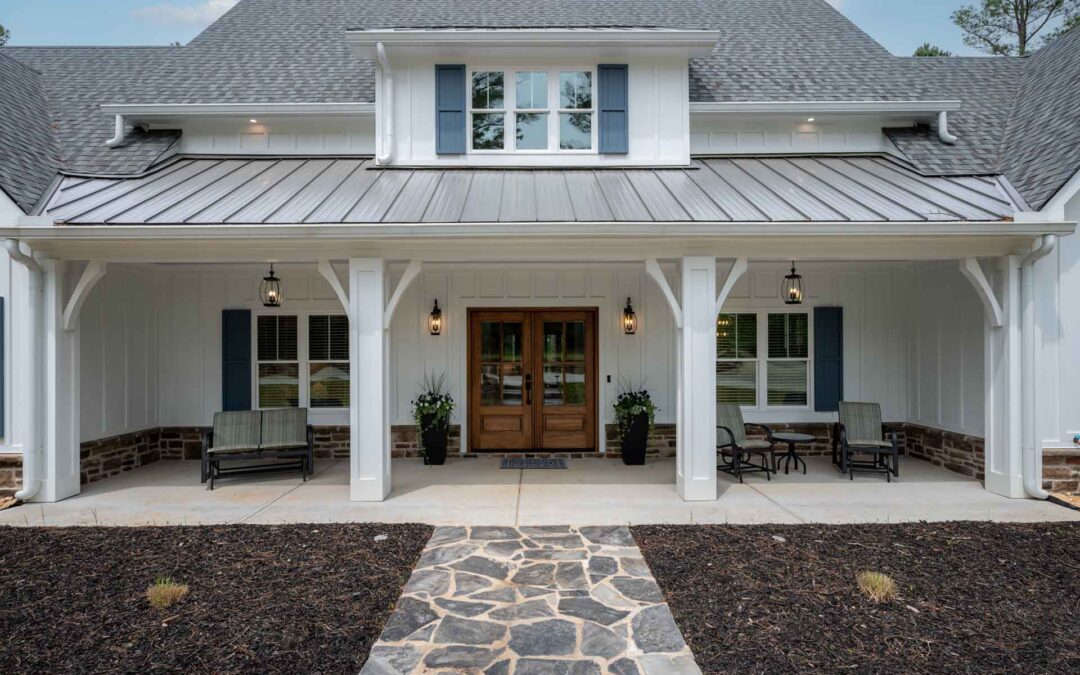When it comes to building a custom home, one of the first major decisions homeowners face is how to structure the contract. The type of agreement you choose can significantly impact your experience—from how involved you are in the process to how predictable your budget will be. As a seasoned construction and remodeling contractor, we believe clarity at the start leads to fewer surprises later.
In this post, we’ll break down the two most common contract types: cost-plus and fixed-price. We’ll help you understand the pros and cons of each, especially as they relate to building a custom home in Cartersville, GA and the surrounding areas.
What is a Cost-Plus Contract?
How It Works
With a cost-plus contract, the homeowner agrees to pay the builder for all construction costs plus a specified fee. This fee is usually a percentage of the total costs or a fixed amount agreed upon in advance. These costs can include:
- Labor
- Materials
- Equipment rentals
- Permits
- Subcontractor fees
The “plus” in cost-plus is the contractor’s profit.
Flexibility in Design and Materials
For many homeowners, building a custom home is about personal expression. A cost-plus contract allows greater flexibility if you want to make changes along the way. If you decide to upgrade flooring or add custom cabinetry during the build, the contract adjusts accordingly. This is particularly helpful for those who value being part of the decision-making process throughout.
Transparency in Spending
Because you receive detailed invoices and reports, this contract offers transparency. You see where every dollar is going. It also allows room for cost savings if materials or labor come in under estimate. However, it does require a high level of trust in your builder and good communication throughout the project.
Potential for Budget Overruns
The biggest drawback? Budget uncertainty. With a cost-plus agreement, the final price isn’t fixed, which can be concerning for homeowners needing tighter control over finances. Costs can escalate if changes are made or if unforeseen challenges arise.
What is a Fixed-Price Contract?
How It Works
A fixed-price contract, also known as a lump-sum contract, sets one total price for the entire project before construction begins. That price includes labor, materials, overhead, and profit.
Once the agreement is signed, that’s the number—unless you request changes.
Predictable Budgeting
One of the most appealing benefits of a fixed-price contract is predictability. You know exactly what your custom home will cost, which makes financial planning easier. There’s less stress over unexpected charges, and the contractor assumes the risk of cost overruns.
Less Flexibility During Construction
However, fixed-price contracts can be rigid. Making changes mid-build may involve formal change orders, which often include additional fees and extended timelines. If you’re the kind of homeowner who likes to explore options as you go, this structure may feel limiting.
Builders Factor in Risk
To protect themselves from unforeseen expenses, builders often pad the estimate slightly. That means if everything goes smoothly, you might end up paying a bit more than necessary. But for many, the peace of mind is worth the tradeoff.
Which Contract is Best for a Custom Home?
It Depends on Your Priorities
There’s no universal “right choice.” The best contract type depends on your budget, timeline, and how involved you want to be in the building process.
- Choose a cost-plus contract if you want control, transparency, and room to pivot as your dream home takes shape.
- Choose a fixed-price contract if you value predictability, have a strict budget, and prefer to lock in your design choices early.
Location-Specific Considerations
If you’re working with a custom home builder in Cartersville GA, it’s helpful to consider the local climate, permit process, and supply chain availability. Some materials may be easier or harder to source at different times of year, which can influence whether a cost-plus or fixed-price approach makes more sense.
For example, unexpected delays in specialty lumber or stone can push a cost-plus budget higher. On the other hand, a well-planned fixed-price project may sidestep those issues with proactive ordering and built-in allowances.
Working with the Right Builder Matters
Regardless of contract type, choosing a reliable, licensed contractor is essential. Look for experience, transparency, and a portfolio of successful custom builds. An experienced builder knows how to guide you through the pros and cons of each option and will tailor their approach to your unique needs.
At Benchmark Builders, we’ve been building custom homes in Cartersville, GA and nearby communities since 2007. We’ve worked under both contract models and can offer guidance based on your goals, budget, and vision.

Key Questions to Ask Before You Decide
Before you commit to either contract type, ask your builder:
- Can you provide a detailed breakdown of expected costs?
- How do you handle unexpected expenses or material changes?
- What is your process for client communication during construction?
- How do you handle change orders in a fixed-price agreement?
- How do you ensure cost control in a cost-plus contract?
Asking the right questions upfront helps align expectations and ensures a smoother experience from start to finish.
Let’s Build Your Dream Home in Cartersville, GA Together
Thinking about building a custom home in Cartersville, GA? Whether you’re drawn to the adaptability of a cost-plus contract or the predictability of a fixed-price agreement, our team is here to help.
We understand how important your home is, and we bring the experience, craftsmanship, and integrity needed to bring your vision to life. Ready to explore your options and build with confidence?
Contact Benchmark Builders, Inc. Today
Let’s talk about your dream home. Call Benchmark Builders, Inc. at 404-683-0824 to schedule a consultation. We’re proud to be your trusted custom home builder in Cartersville, GA, serving Bartow County and beyond with excellence.
